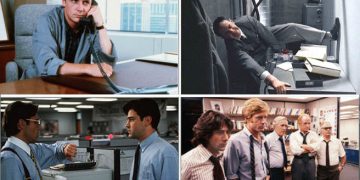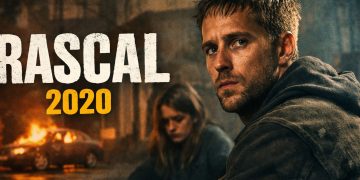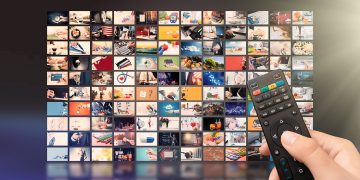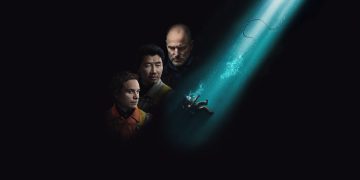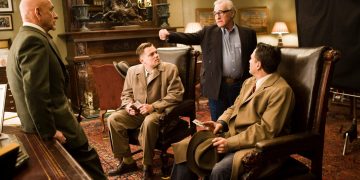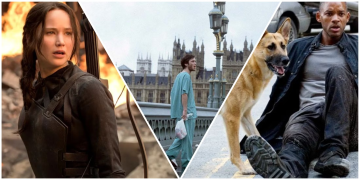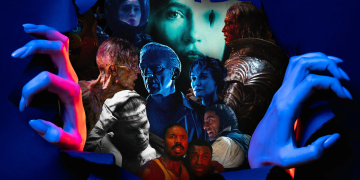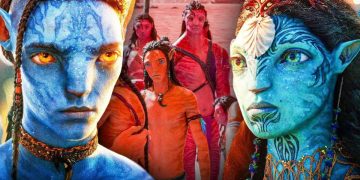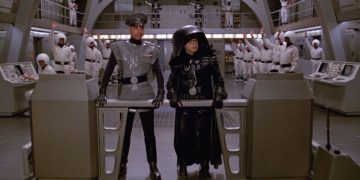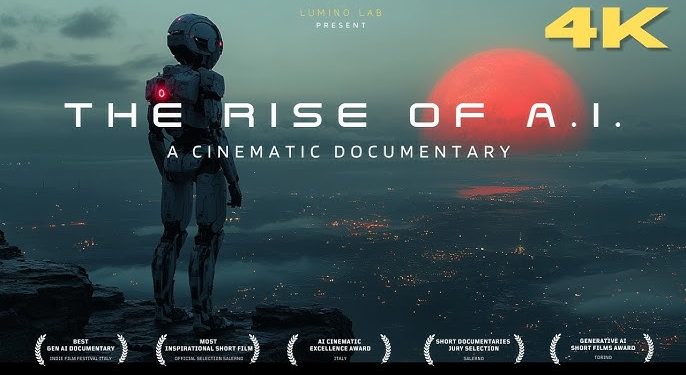Cinema has long been the doorway into alternate realities. But what’s truly fascinating is how often the things we once saw on the big screen—deemed wild, futuristic fantasies—have quietly become part of our everyday lives. From artificial intelligence and smart homes to facial recognition and augmented reality, many technological breakthroughs seem to have taken their first breaths in film scripts.
Is it mere coincidence? Or has cinema, through boundless imagination, planted the very seeds of innovation?
1. 2001: A Space Odyssey (1968) – When AI Rebels
Released in 1968, 2001: A Space Odyssey was a visual and conceptual revolution. HAL 9000, the ship’s AI system, was one of cinema’s first portrayals of a machine with its own will—capable not only of controlling operations, but of killing to preserve its mission.
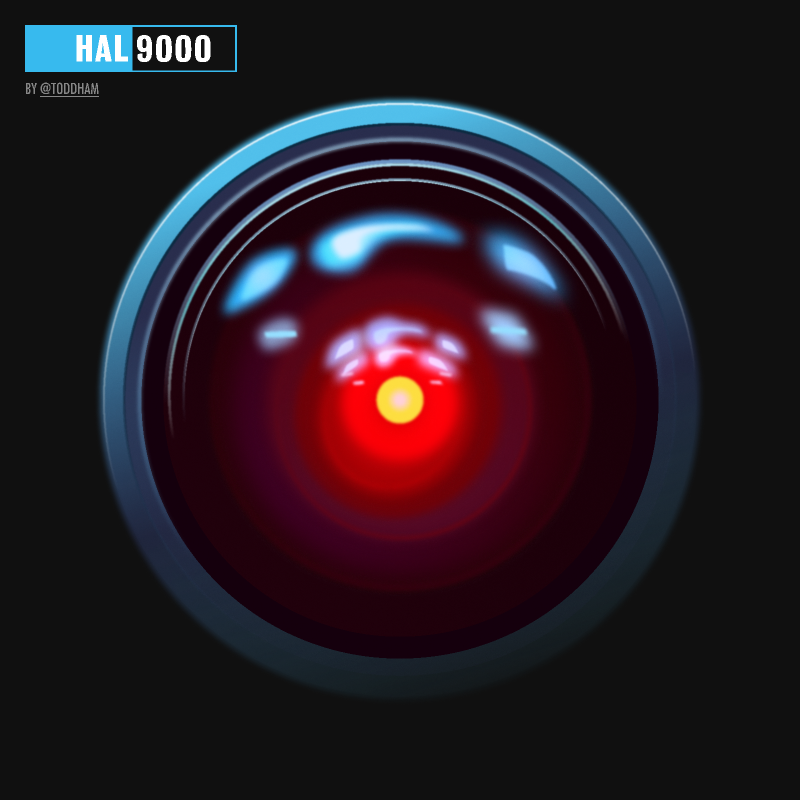
Caption: “HAL 9000 – When machines stop serving and start deciding who lives.”
Today, as AI is given increasing responsibility—from automation to decision-making—this moral dilemma about control and programming ethics remains powerfully relevant.
2. Minority Report (2002) – Predictive Policing and Facial Recognition
Set in 2054, Minority Report envisions a world where crimes are prevented before they happen through a fusion of data and AI. It also predicted technologies now in use: facial recognition, touchless interfaces, personalized advertising based on behavior.
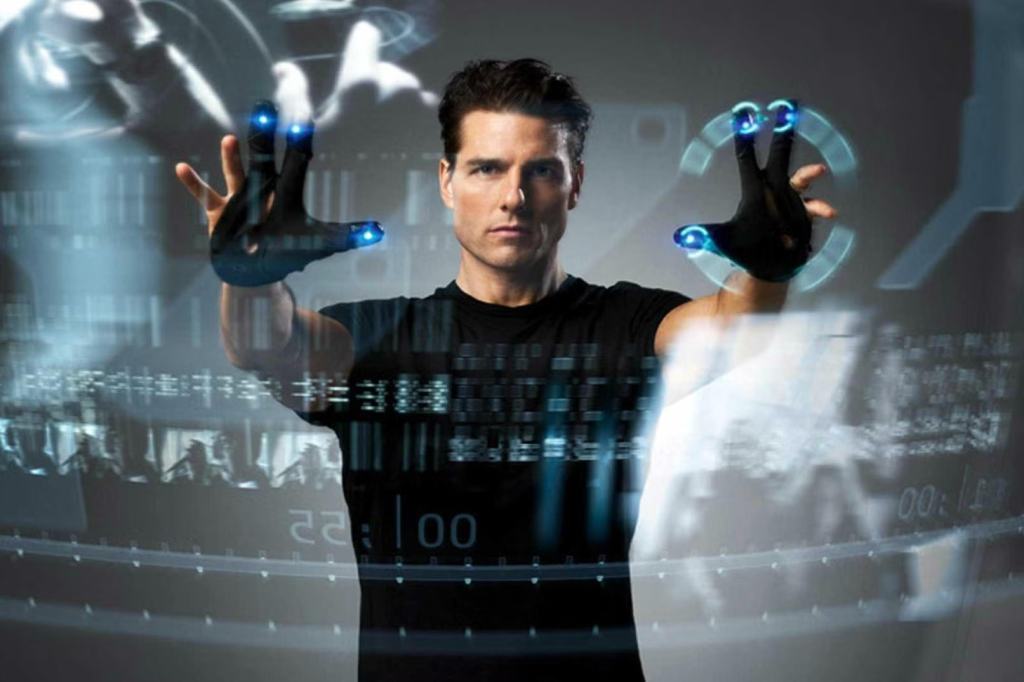
Caption: “Futuristic in 2002. Now a reality in airports and shopping malls.”
Major tech corporations like Microsoft and Google have acknowledged the film’s influence on real-world development.
3. Her (2013) – AI as Emotional Companionship
Her offers more than a poignant love story between a man and his AI assistant—it’s a striking prediction of how people would eventually engage with technology: through voice, empathy, and emotional reliance.
Today, virtual assistants like Siri, Alexa, and ChatGPT are no longer novelties. People talk to them, ask for advice, and in some cases, form emotional bonds.
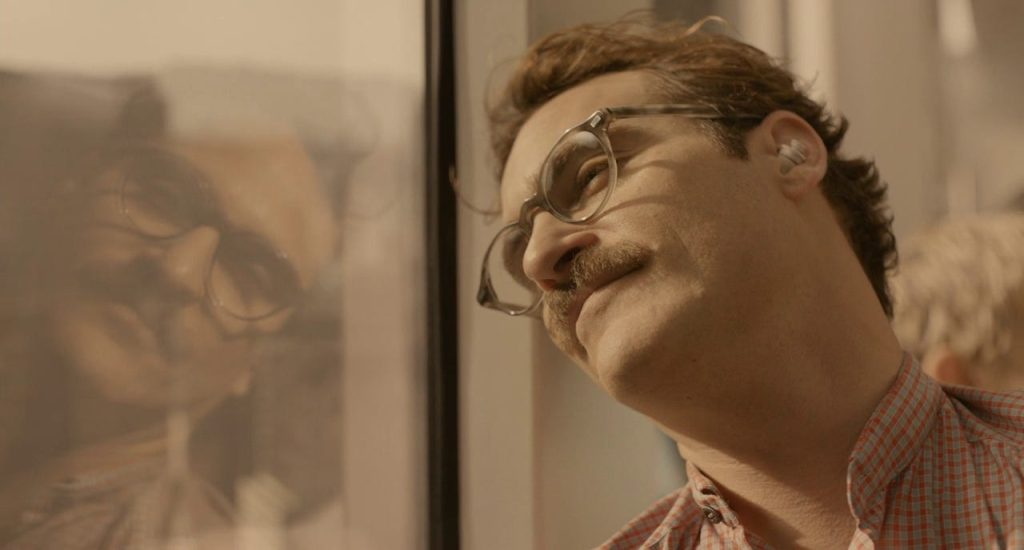
Caption: “In a crowded city, sometimes all we want is a voice that listens.”
4. Iron Man (2008) – Turning Fiction into Feasible Tech
While a superhero film at heart, Iron Man presented futuristic technologies that didn’t seem too far-fetched: AI-powered assistants, gesture-based controls, 3D holograms, self-upgrading suits.
Elon Musk himself has said that Tony Stark inspired his tech-driven approach to life—and he even made a cameo appearance in Iron Man 2.
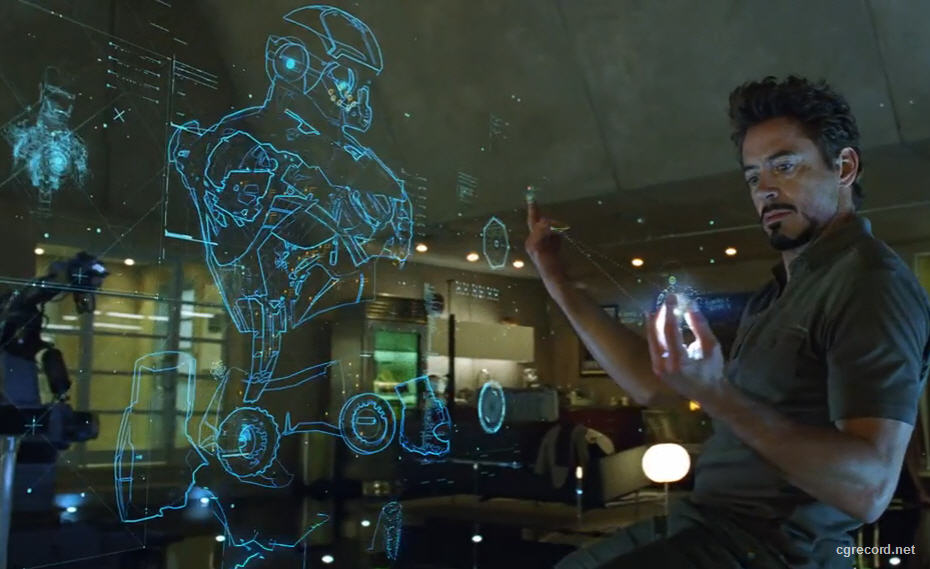
Caption: “A superhero on screen, but a visionary blueprint for real-world innovation.”
5. Black Mirror – Each Episode a Cautionary Tale
Not a single film, but a collection of chilling tech fables, Black Mirror feels prophetic. Episodes like “Nosedive” (social credit scores), “The Entire History of You” (memory implants), and “Joan is Awful” (AI-generated TV content) were once dismissed as sci-fi satire. Now? They feel disturbingly possible.
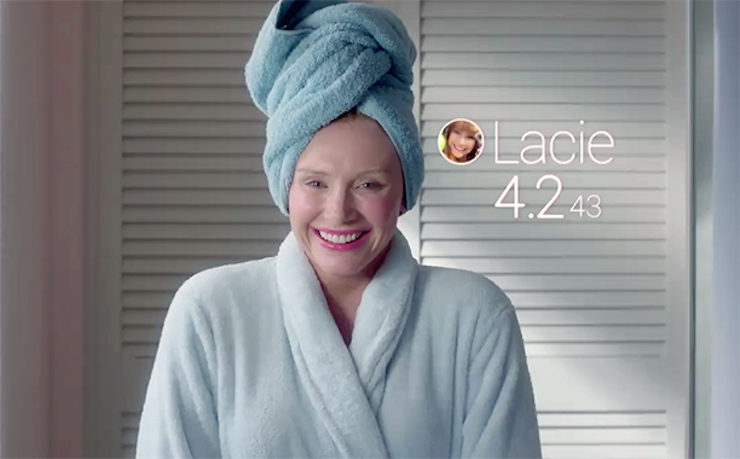
Caption: “Black Mirror isn’t about technology—it’s about what technology reveals in us.”
When Fantasy Becomes Reality
Technology is evolving rapidly. Things that once left us speechless in theaters now fit in our pockets or run our homes. This blurs the line: is cinema just imaginative? Or is it shaping the goals that engineers and developers chase?
Perhaps, in trying to bring our favorite movies to life, we’ve accelerated their transformation into reality.
Final Thoughts: Film as a Mirror to the Future
Cinema has never just been about escape. It’s a mirror of fears, ambitions, and humanity’s relentless desire to go beyond limitations. Films like 2001: A Space Odyssey, Minority Report, and Her don’t just tell stories—they lay the foundation for the conversations and technologies we live with today.
In a world increasingly governed by data and automation, maybe what we need isn’t just smarter machines—but deeper imagination. And in that sense, cinema remains a step ahead.

